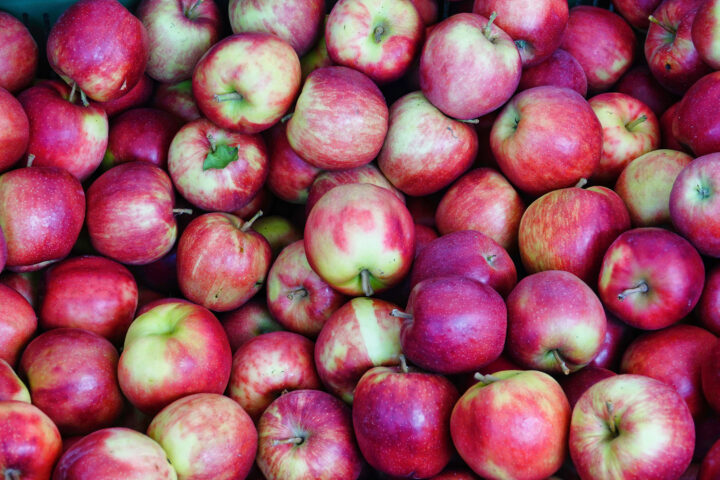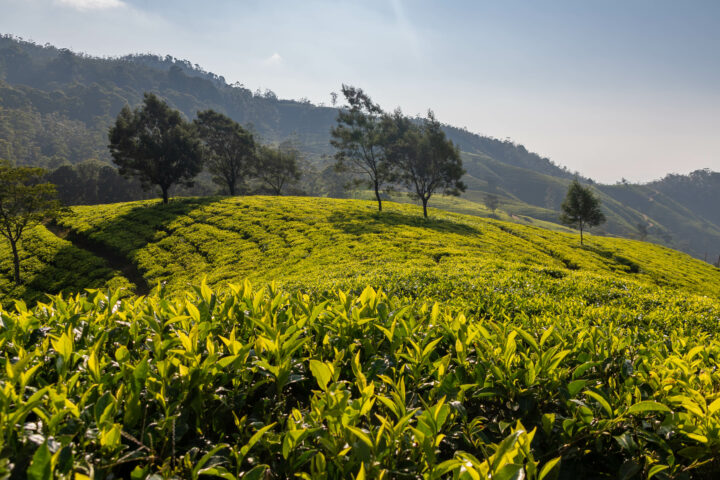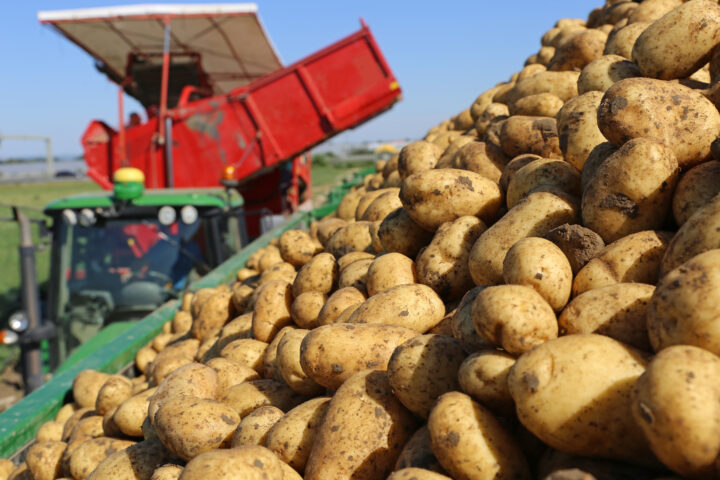
CO2 reduction with alternative artificial fertiliser
The two agrochemical producers Bayer and Syngenta are investing in an American start-up whose technology can massively reduce the use of nitrogen fertiliser. The goal is to save as much CO2 emissions as are emitted by 200 million cars. This shows: New technologies are the key to sustainable CO2 reduction.
Wednesday, September 15, 2021
Content in German
Wie die «Frankfurter Allgemeine Zeitung» schreibt, handelt es sich beim Start-up um das amerikanische Biotechunternehmen «Sound Agriculture». Die Investitionen in die Firma unterstreichen das Engagement der forschenden Agrar-Industrie im Kampf gegen den Klimawandel. Zum Portfolio von Sound Agriculture gehört eine biologische Alternative zu Kunststoffdüngern für Mais und Soja. Pro Hektar können im Vergleich zu den herkömmlichen Düngern rund 56 Kilogramm eingespart werden. Das Produkt aktiviert Mikroorganismen im Boden und führt dazu, dass Pflanzen mit mehr Stickstoff und Phosphor versorgt werden. Gleichzeitig steigert die Technologie die Maiserträge pro Hektar um 475 Kilogramm und reduziert die CO2-Emissionen im Bereich Stickstoffdünger global um 30 Prozent. Dank der Züchtungsplattform des Start-ups sollen Neuzüchtungen zudem doppelt so schnell auf den Markt kommen, als dies bis anhin der Fall war.
Neue Technologien sind der Schlüssel
Die Herausforderungen für die Nahrungsmittelproduktion angesichts des globalen Bevölkerungswachstums ist auch Thema im Podcast «Alles auf den Tisch» des Foodbloggers Hendrik Haase. Als Co-Moderator fungiert Matthias Berninger, Leiter Public Affairs, Science & Sustainability von Bayer. Dieser betont, dass wir uns in der gegenwärtigen Situation Denkverbote nicht leisten können. Klar sei, dass die Landwirtschaft in Zukunft mehr pflanzliche Proteine produzieren müsse. Doch bald lebten sieben von zehn Menschen auf der Erde in Städten. Um ihre Ernährung nachhaltig sicherzustellen, brauche es viele neue Technologien wie beispielsweise Fleisch aus dem Labor.
Sources
Frankfurter Allgemeine Zeitung, 20. August 2021 (Nur Print)
Related articles

Science resists ban on GMO crops
The Supreme Court in the Philippines wants to stop the cultivation of genetically modified plants Golden Rice and Bt aubergine (Bacillus thuringiensis). This is anything but well received by the government and the scientific community: The ban could jeopardise the country's food security.

Where the focus lies in apple breeding
The new head of Agroscope's fruit breeding research group is Andrea Patocchi. In an interview with the trade journal Obst + Wein, he explains where the focus of apple breeding lies today.

Chinese robot picks tea
There is a shortage of tea pickers in China. A robot developed by a researcher is set to remedy the situation and take over the work in future. Thanks to artificial intelligence, the machine can even recognise the shoots of the tea plant. The first harvesting robots are also already being developed in Switzerland.

Potato farmers want robust varieties
As the use of crop protection has been massively reduced, the potato industry now wants to focus on more robust varieties. The industry has even concluded a target agreement with the federal government. This is ambitious: By 2040, robust varieties are to grow on 80% of potato cultivation areas.

